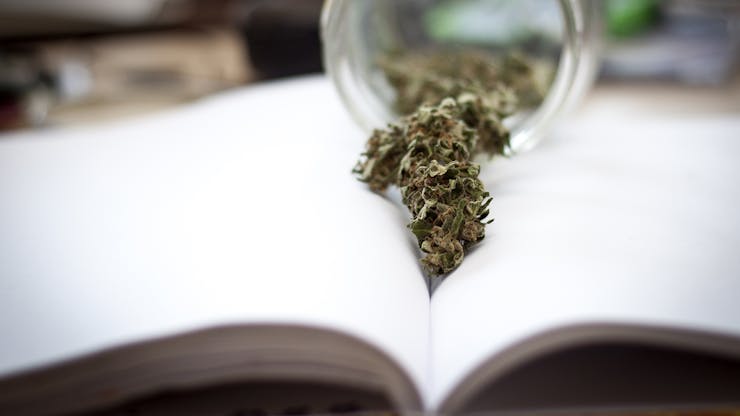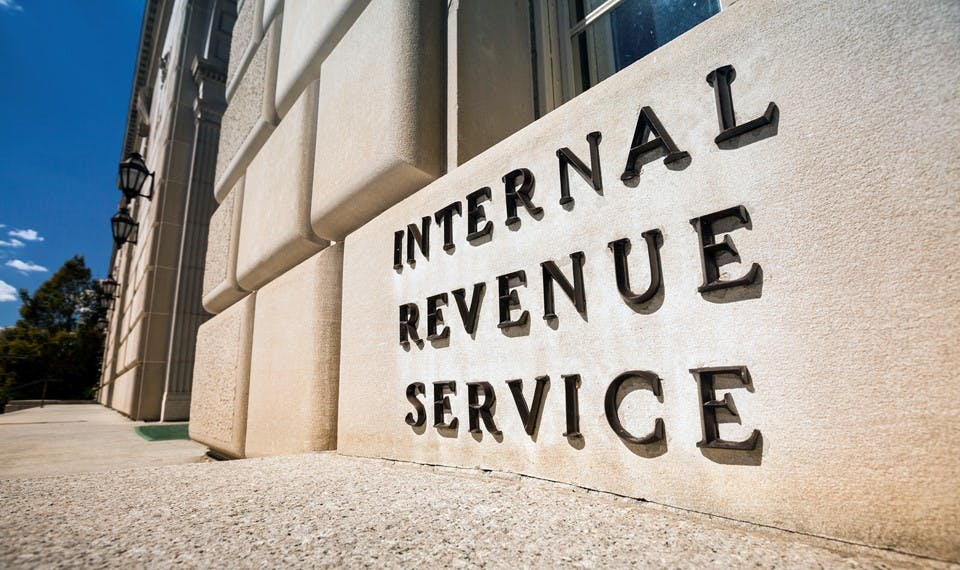Andy Joseph, founder of the CO2-extraction manufacturer Apeks Supercritical, put out a call recently for cannabis industry leaders to stop complaining about well-meant but ill-conceived government regulations. It’s time, he said, to get proactive.
“People in this industry are going to have regulations imposed on them by government agencies if we don’t create standards and self-impose regulations ourselves,” he told Leafly.
Even though half of U.S. states now allow some form of legal medical cannabis, there still are no national codes or standards for the cannabis industry. That lack of uniform standards has had a big impact on Joseph’s business.
In Washington state, for instance, cannabis extracts have become a major part of the industry. But when state regulators created rules for extraction, they decided all CO2 vessels must maintain a minimum pressure rating of 900 psi. A welding engineer by trade, Joseph spent years working on nuclear submarines and knows a thing or two about mechanics. He called the 900-psi standard “nonsensical.”
Joseph said the state’s initial rules revealed how little regulators knew about the processes they were regulating. The standard, Joseph said, was made after the Washington State Liquor and Cannabis Board (LCB) initially consulted a competing company. That competitor suggested the 900 psi standard “because that would have effectively blocked us from participating in the market,” Joseph said.

In the end, the regulated standard was changed to 600 psi — but that’s just as irresponsible, said Joseph. The problem, he explained, is that relying on a single pressure standard allows manufacturers to focus on that single number and ignore other critical safety factors. He and his company’s engineer failed to convince the LCB to nix a number all together. They recommended a simple reference to the thousands of pages in the ASME Boiler and Pressure Vessel Code (ASME BPV). ASME, the American Society of Mechanical Engineers, sets and maintains industrywide standards for everything from elevators to nuclear plants.
LCB spokesman Brian Smith told Leafly the regulation was “based on input from engineers [who provide the certification] and manufacturers who said the 900-psi limit was unnecessary.” At the time, Smith said, the board’s focus was on public safety and preventing a pressure system from exploding.
But “exploding” isn’t technically correct, Joseph points out. “Vessels with CO2 in them will not explode because CO2 is not flammable,” he told Leafly. “They can rupture if they aren’t designed properly, but they won’t explode.”
“I don’t know who all communicated with staff here, but it’s likely to have been multiple parties,” the LCB’s Smith said. “Looking ahead, during our rule writing for revisions and technical corrections, we will be removing certification requirements and instead will default to the State Building Code Council’s rules. We’ll look more into the psi requirement as we enter rule drafting.”
Complaining isn’t the answer, Joseph said. Nor is fighting every single ill-considered regulation. Instead, the cannabis community needs to get proactive, create agreed-upon codes and standards, and follow them.
Leading by Example
Others in the industry are voicing similar opinions. Peggy Moore is the owner of Love’s Oven, a top edibles company in Colorado. After winning a recreational cannabis license, she sold as much product in January 2014 as the company did during all of the previous year. The 1,200-percent increase in sales forced Love’s Oven to expand from a small kitchen to an 85,000-square-foot facility. The company currently cranks out nearly 10,000 products a week.
Shop highly rated dispensaries near you
Showing you dispensaries nearThe growth spur prompted her to hire a full-time food safety manager. She asked the new hire to bring her facility into full compliance with the same federal Food and Drug Administration (FDA) rules that any other commercial-scale food manufacturer has to follow. It was a lot of work, and it wasn’t legally required. Since the FDA doesn’t oversee cannabis food businesses, her effort was entirely voluntary. One year and $60,000 later, Moore’s operation is in fully Food and Drug Administration (FDA) compliant, she said.

“I sleep a little better as a manufacturer knowing I’m doing all I can to prevent people from being sick from any of my product,” said Moore. Love’s Oven reached FDA compliance in May and continues to work to meet FDA updates that go into effect at the end of 2016 for non-cannabis food manufacturers.
The National Cannabis Industry Association (NCIA), America’s largest cannabis trade association, represents cannabis-related businesses across the nation. Executive Director Aaron Smith said meeting FDA standards isn’t strictly necessary at this point in the legalization game.
“It makes sense to be compliant from a health and safety perspective,” Smith told Leafly. “But when it comes to the FDA, no one knows if they will take a hands-off approach like the Department of Justice or whether they will enforce their standards,” Smith said.
The NCIA is in the process of creating cannabis councils focused on edibles and strain identification. The trade organization is also holding an upcoming “Seed to Sale” show in Denver, focusing on best practices for cannabis retail, extraction, and infusion. Andy Joseph, an NCIA member, wants to see the organization invest in self-regulation initiatives sooner rather than later.
“I’d rather see NCIA charge a fee to build codes and standards than an expo,” Joseph said. “We don’t need any more expos.” For Joseph, his ideal council would mirror the one that sets standards at the American Welding Society. “In god we trust, all others bring data” is his motto.
NCIA’s Smith defends the seemingly endless parade of expos, a common occurrence in the new industry. “The expos make the revenue that could go into the councils,” he said.
Washington state seems to be Exhibit A when it comes to the lack of communication between government regulators and cannabis experts. Smith said the Washington Cannabis Alliance should’ve had a seat at the table, engaging with policy makers on the CO2 vessel rules. “Washington didn’t do a good job reaching out, and we are working in a vacuum,” he said.
But the responsibility falls on both sides. “The industry isn’t always engaged politically, and the politicians don’t know who to tap for information on how things should look from our perspective,” said Smith. “Regulators are too afraid to get close with our industry,” he added, and end up doing “silly things that affect businesses.”

Moore is convinced the investment she made to meet FDA standards is worth it. “There’s significant risk for those not thinking about this now,” she warns. Moore thinks of those risks in terms of consumer health, loyalty, and money. “I could impact tens of thousands of consumers,” she said.
The most challenging thing for Love’s Oven were the small, everyday changes: everyone wearing long white jackets, covering every tendril of hair, even conducting knife inspections — things Moore wouldn’t have thought a lot about before.
She also chairs the board of Colorado’s Cannabis Business Alliance. The group focuses on food safety and responsible consumption with its “Start low, go slow” campaign, which teaches edible consumers to begin with a low dose, wait up to two hours, and not drink alcohol with cannabis. She wants to expand that sort of consistent, industry-driven public education effort. “The cannabis industry has the opportunity to come together and standardize messages to help both ourselves and consumers,” said Moore.








